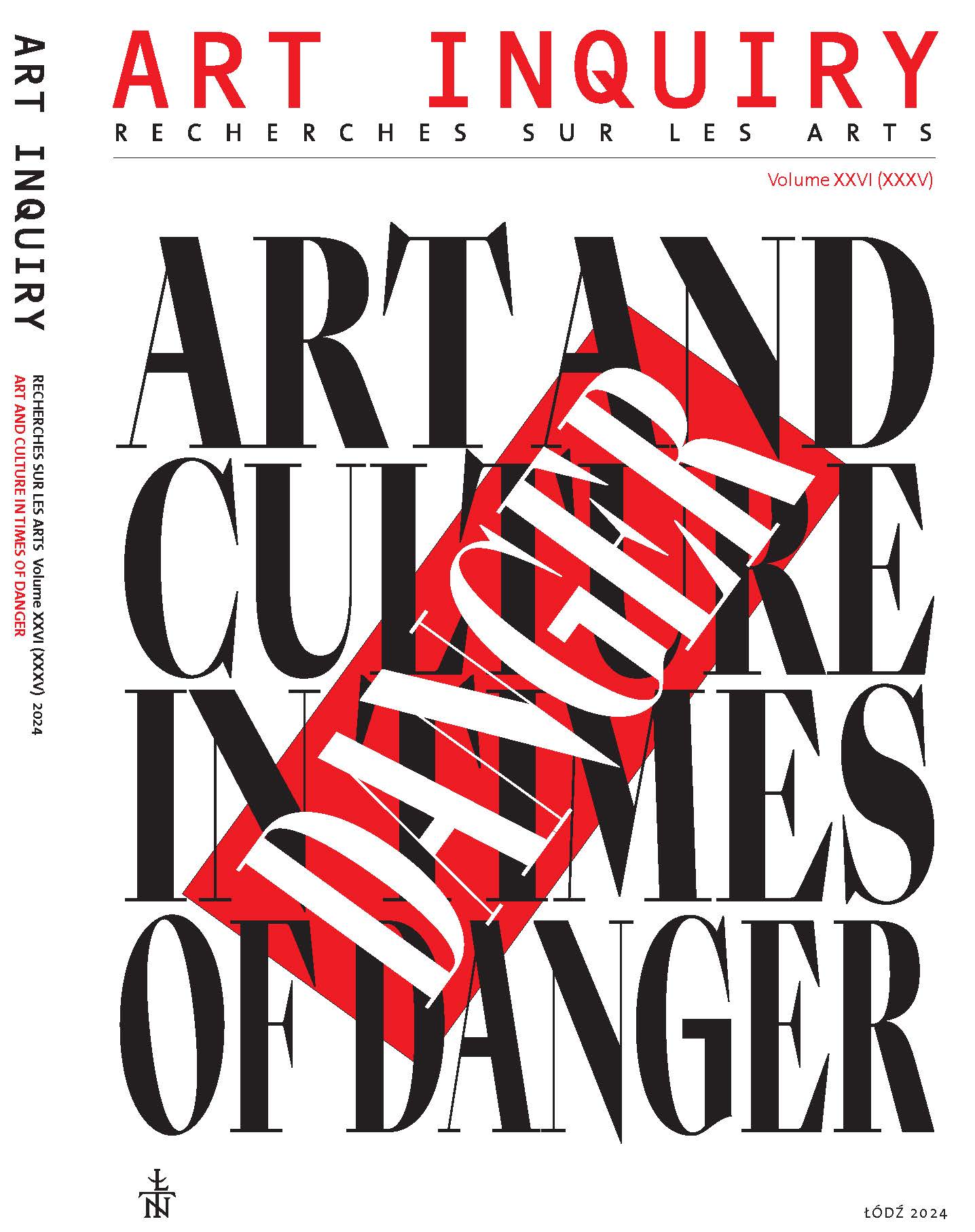Uroczysta promocja XXV numeru „Art Inquiry” - 21 maja 2024
Z przyjemnością informujemy, że 21 maja 2024 r. w Teatrze im. Stanisława Ignacego Witkiewicza im. ul. Chramcówki 15 w Zakopanem odbyła się uroczysta promocja ostatniego numeru „Art Inquiry” - Vol. 25 (2023): How do artists think? Wydarzenie zorganizowała Pani Profesor Teresa Pękala z Uniwersytetu Marii Curie-Skłodowskiej w Lublinie - redaktor ostatniego tomu, jako wydarzenie towarzyszące cyklicznej ogólnopolskiej konferencji filozoficznej „Parergon jako metafora współczesnego świata. Filozofia, estetyka, sztuka”.
Read more about Uroczysta promocja XXV numeru „Art Inquiry” - 21 maja 2024




